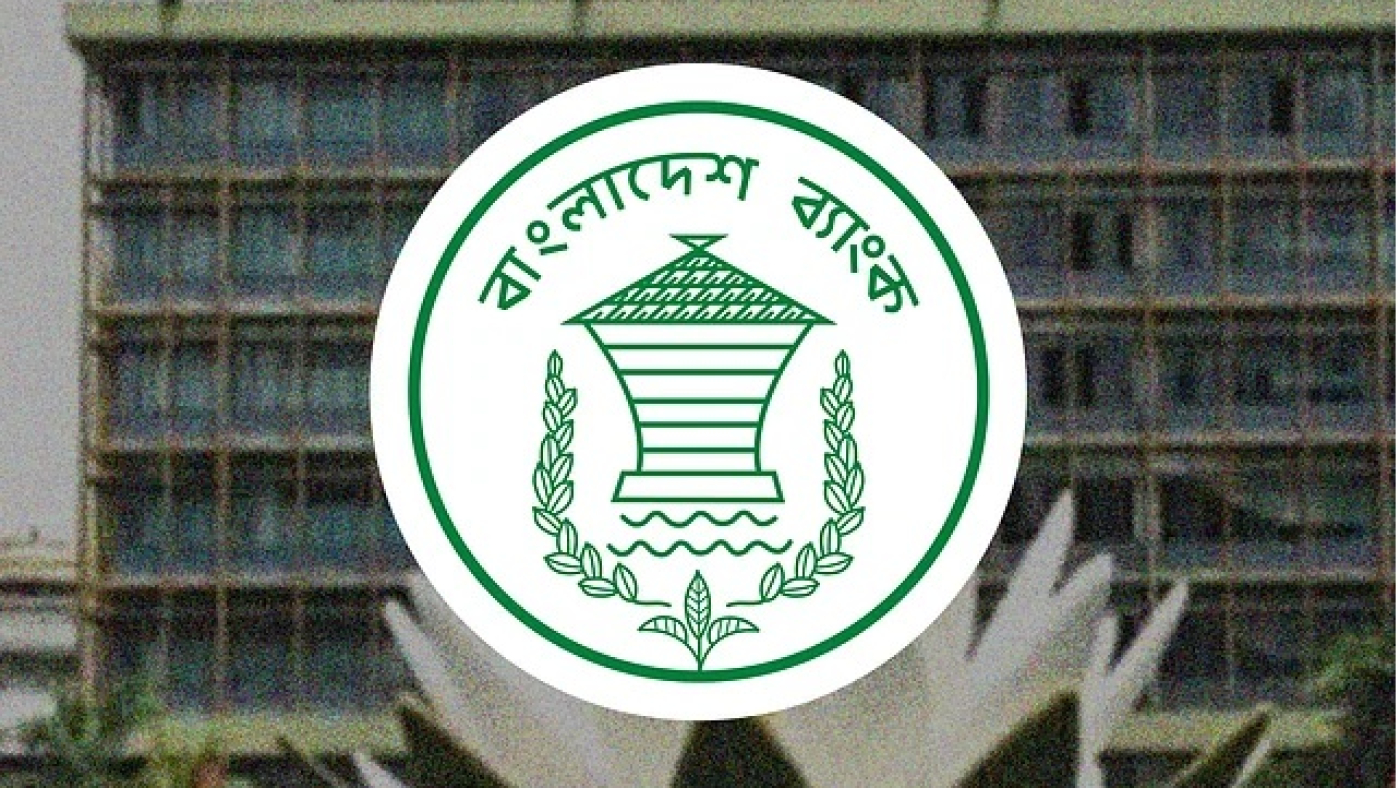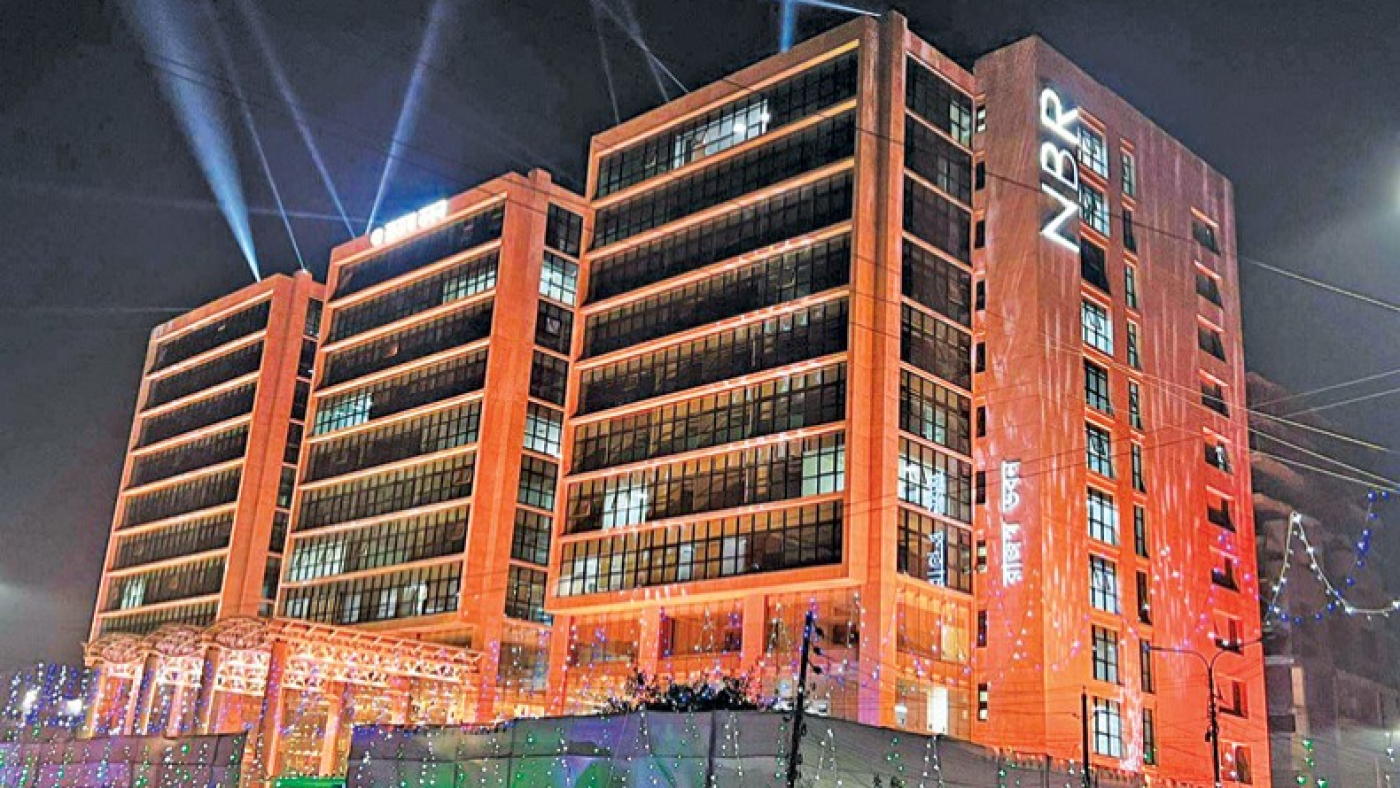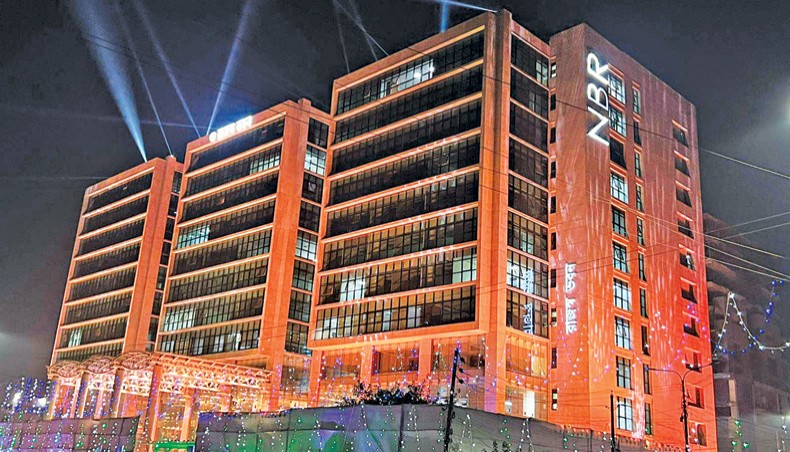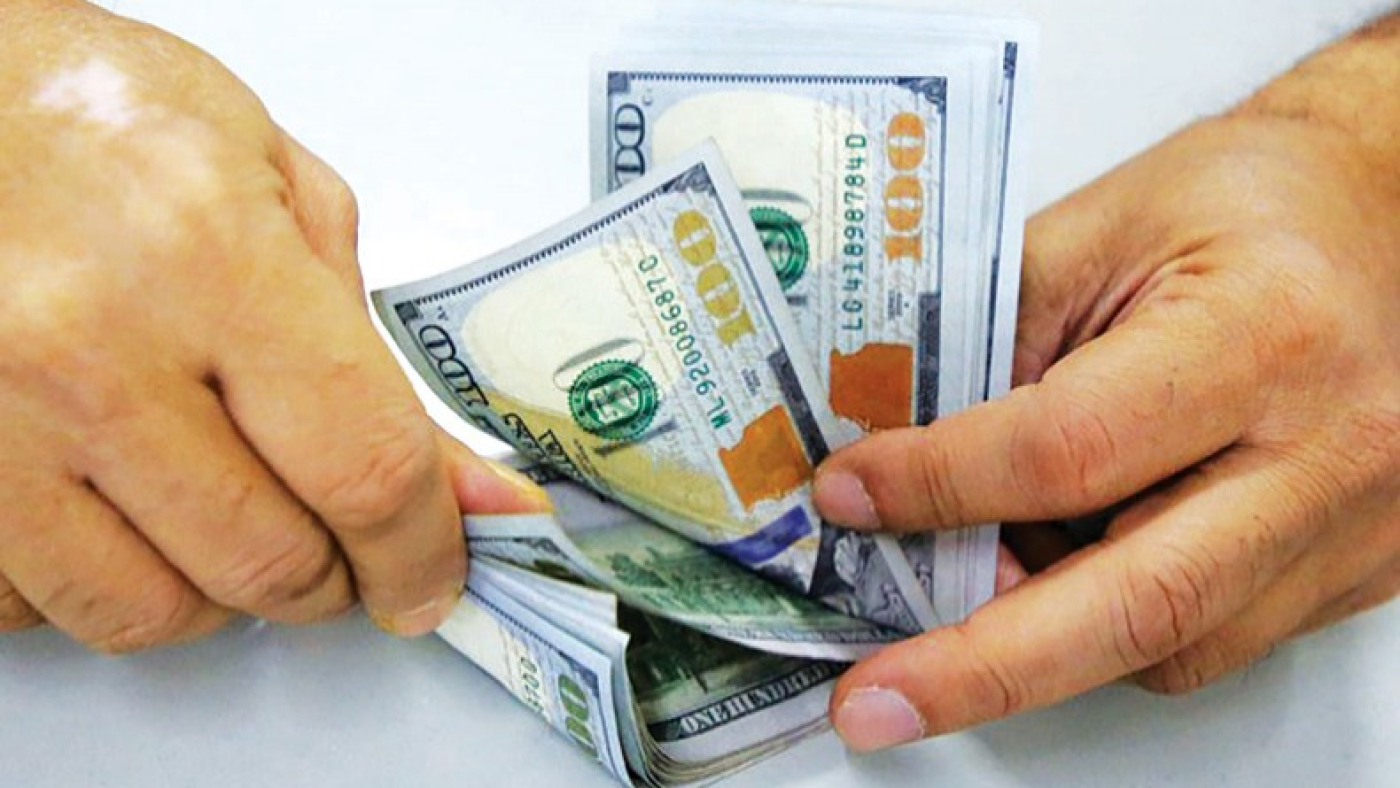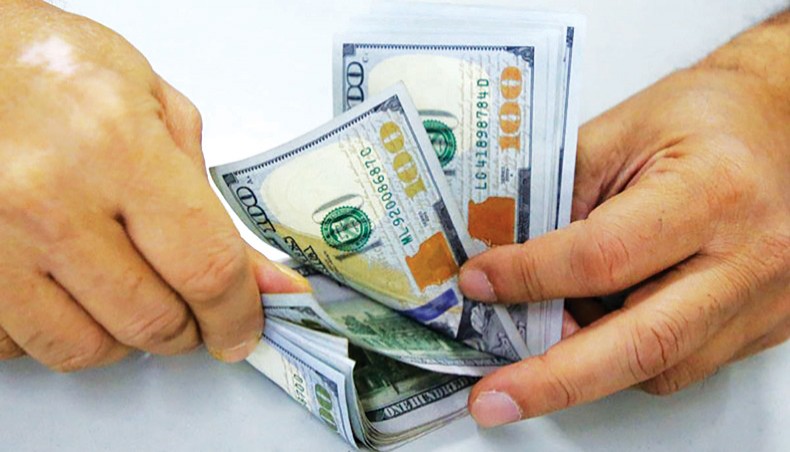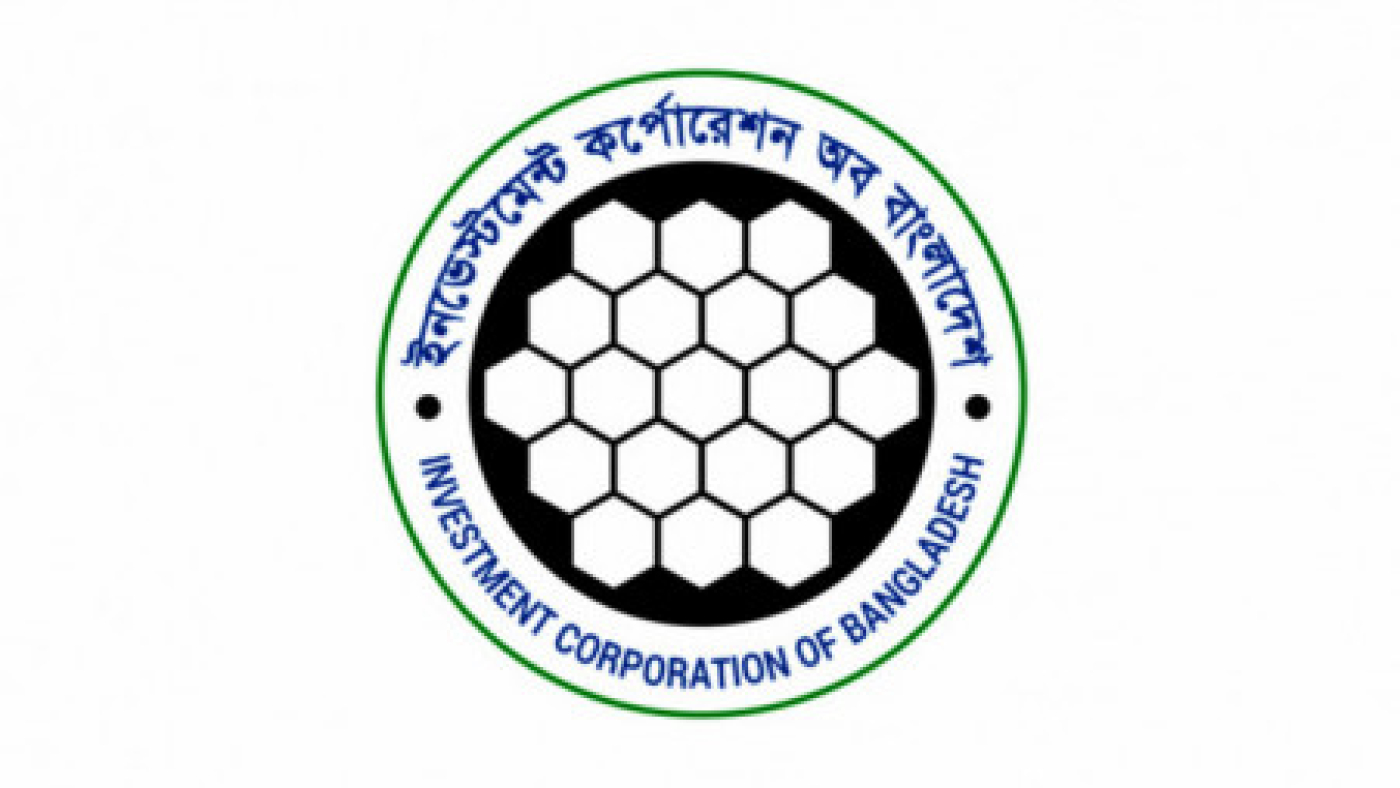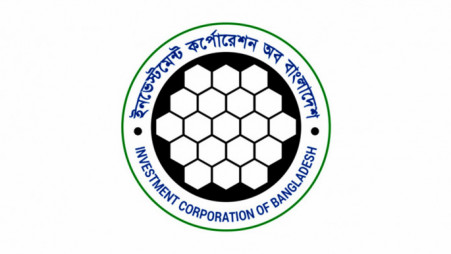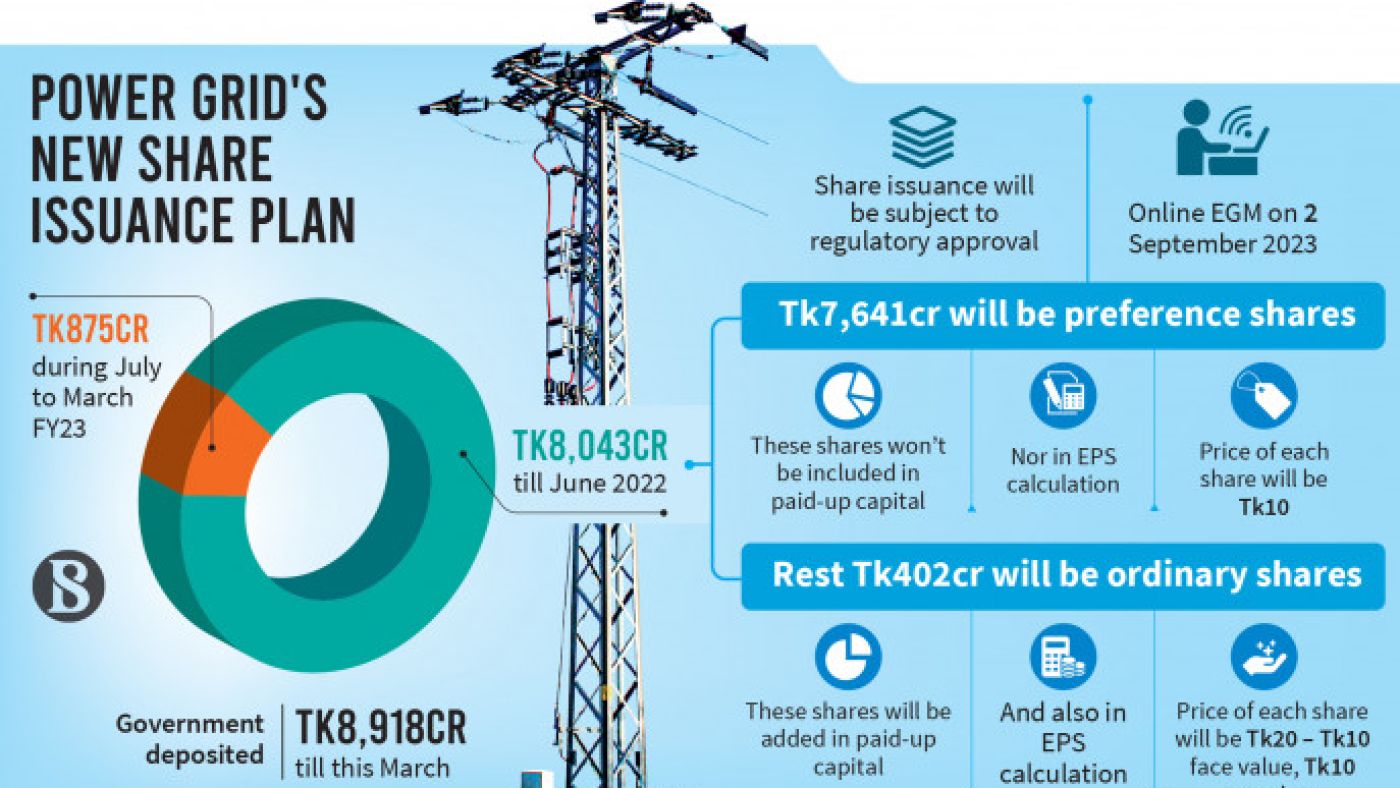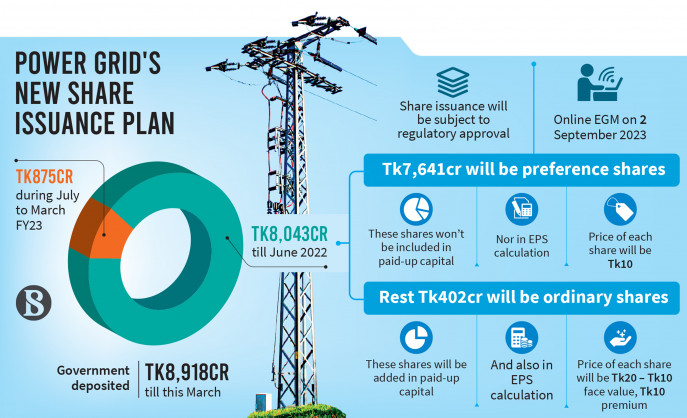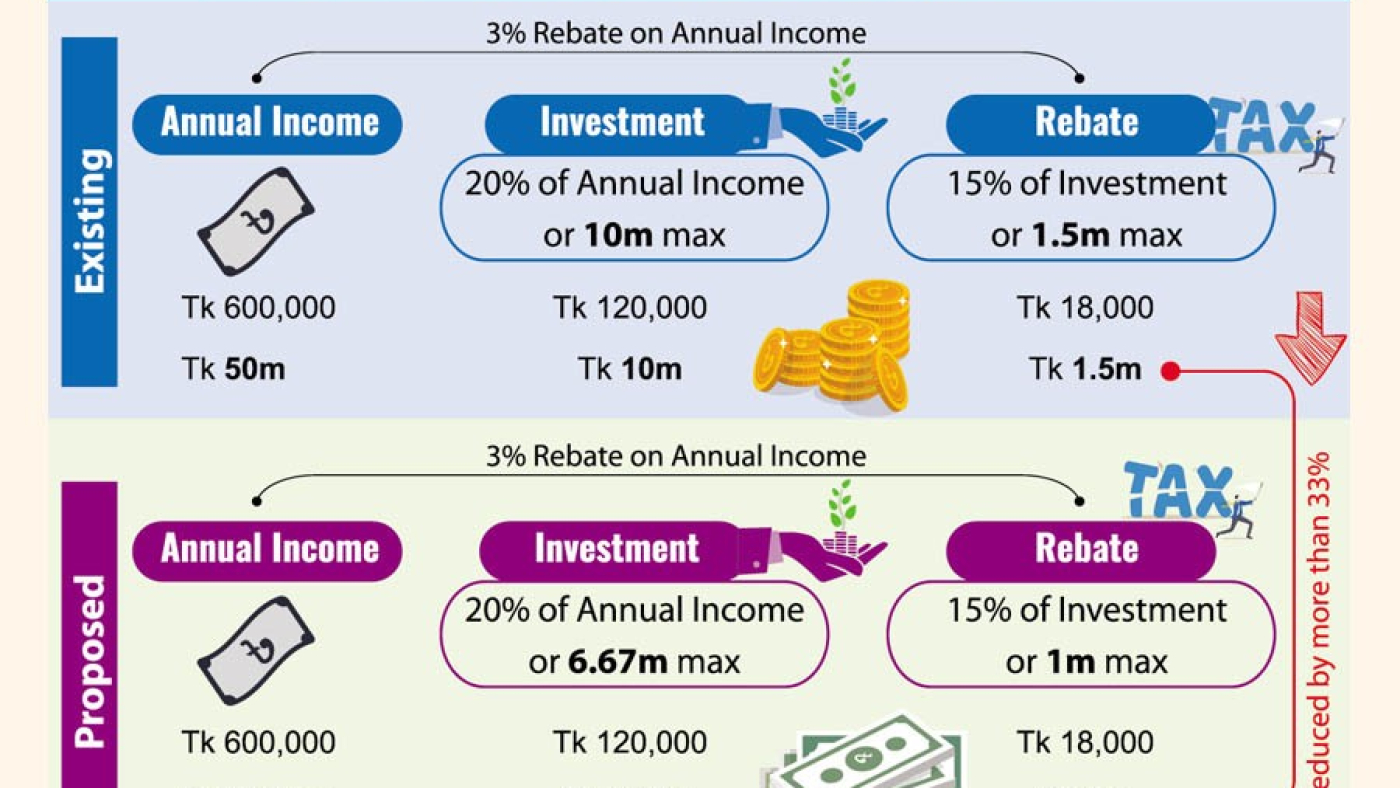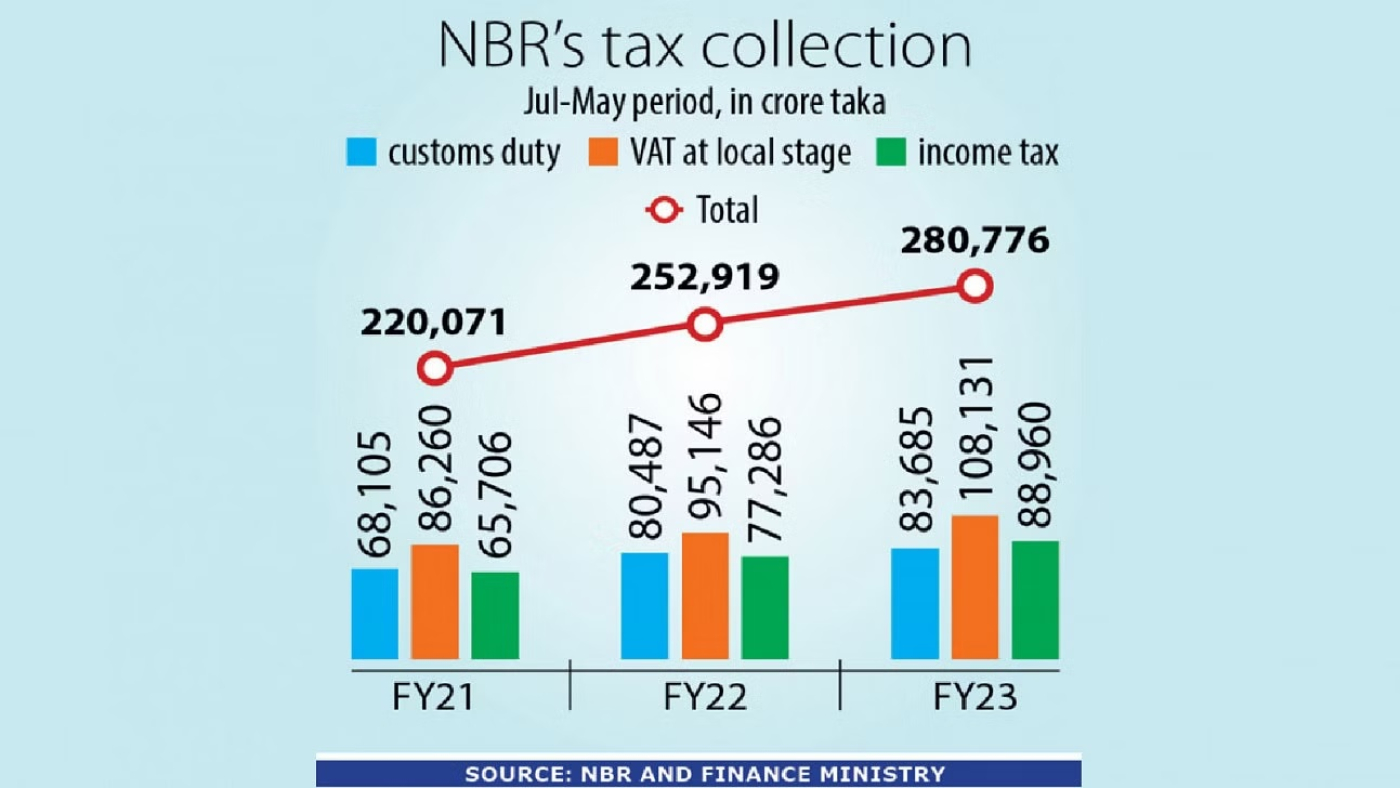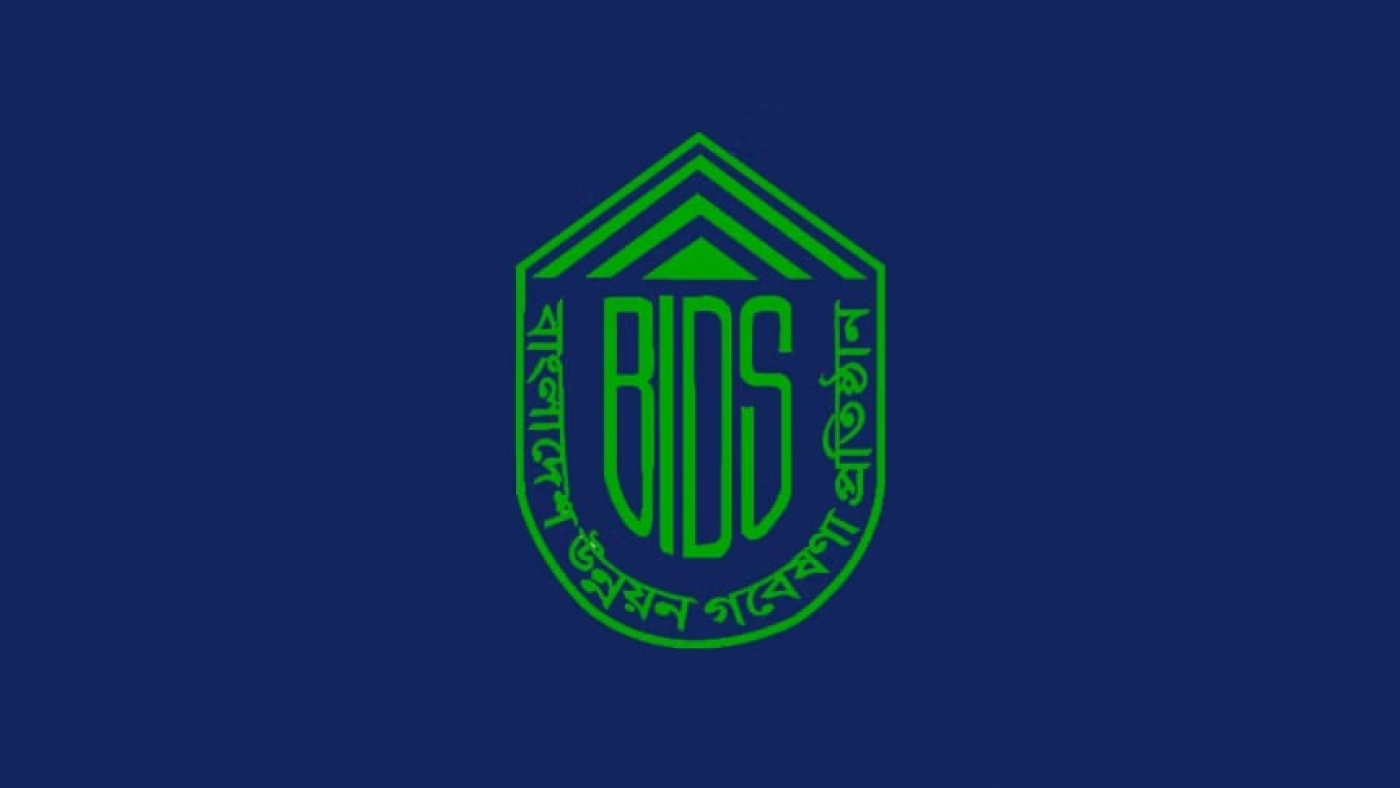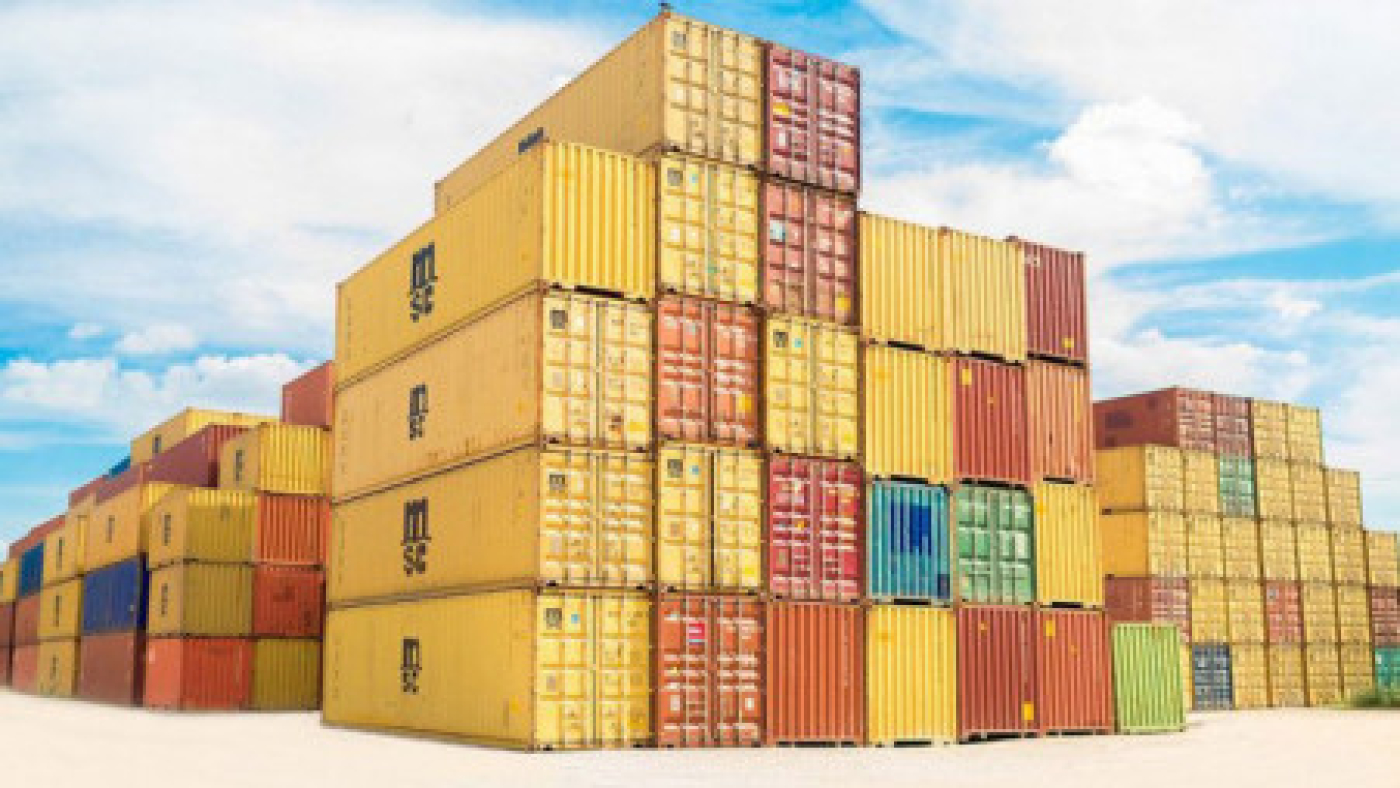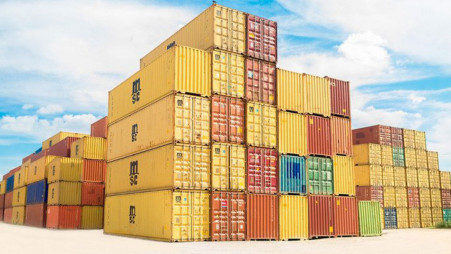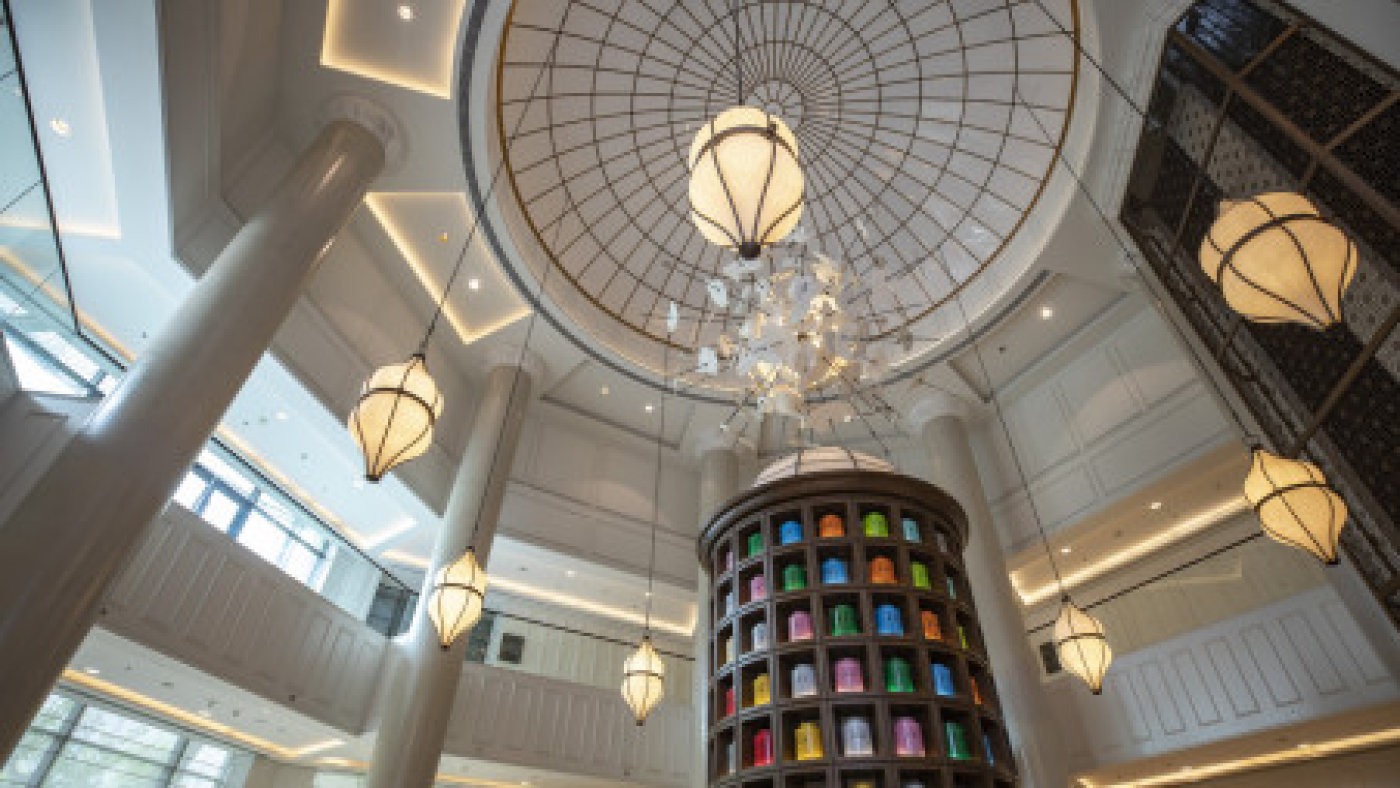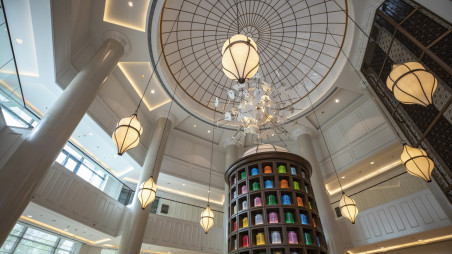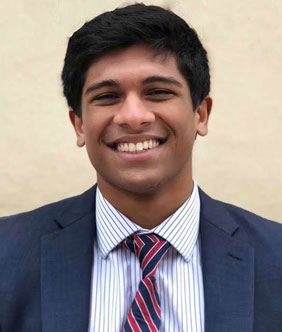
দেশে ডিজিটাল ব্যাংক স্থাপনের নীতিমালা চূড়ান্ত করেছে বাংলাদেশ ব্যাংক। এই ব্যাংকের কোনো শাখা, উপশাখা, এটিএম বুথ বা কোনো স্থাপনা থাকবে না। মুঠোফোন অথবা ডিজিটাল যন্ত্র ব্যবহার করেই গ্রাহকদের ব্যাংক সেবা দেওয়া হবে। এটি গঠনে প্রয়োজন হবে ১২৫ কোটি টাকা, পরিচালক হতে লাগবে কমপক্ষে ৫০ লাখ টাকা। বাংলাদেশ ব্যাংকের পরিচালনা পর্ষদ গতকাল বুধবার ডিজিটাল ব্যাংক গঠনের নীতিমালা অনুমোদন করেছে। সভায় কেন্দ্রীয় ব্যাংকের গভর্নর আব্দুর রউফ তালুকদার সভাপতিত্ব করেন।
জানা গেছে, বাংলাদেশ ব্যাংক এখন নীতিমালা অনুযায়ী এই ব্যাংক গঠনের প্রস্তাব আহ্বান করলে আগ্রহীরা আবেদন জমা দেওয়ার সুযোগ পাবেন। এরপর যাচাই–বাছাই করে অনুমোদন দেওয়া হবে। ব্যাংক কোম্পানি আইন ও নীতিমালা অনুযায়ী চলবে এই ব্যাংক।
জানতে চাইলে কেন্দ্রীয় ব্যাংকের ভারপ্রাপ্ত মুখপাত্র আবুল বশর প্রথম আলোকে বলেন, পর্ষদ সভায় ডিজিটাল ব্যাংক গঠনের নীতিমালা অনুমোদন দেওয়া হয়েছে।
ডিজিটাল ব্যাংক কী
কেন্দ্রীয় ব্যাংকের নীতিমালা অনুযায়ী, ডিজিটাল ব্যাংক পরিচালনার জন্য প্রধান কার্যালয় থাকবে। তবে সেবা প্রদানের ক্ষেত্রে এটি হবে স্থাপনাবিহীন। অর্থাৎ এই ব্যাংক কোনো ওভার দ্য কাউন্টার (ওটিসি) সেবা দেবে না। এর নিজস্ব কোনো শাখা বা উপশাখা, এটিএম, সিডিএম অথবা সিআরএমও থাকবে না। সব সেবাই হবে অ্যাপ–নির্ভর, মুঠোফোন বা ডিজিটাল যন্ত্রে। দিন-রাত ২৪ ঘণ্টাই সেবা মিলবে। গ্রাহকদের লেনদেনের সুবিধার্থে ডিজিটাল ব্যাংক ভার্চু৵য়াল কার্ড, কিউআর কোড ও অন্য কোনো উন্নত প্রযুক্তিভিত্তিক পণ্য দিতে পারবে। লেনদেনের জন্য কোনো প্লাস্টিক কার্ড দিতে পারবে না। অবশ্য এই ব্যাংকের সেবা নিতে গ্রাহকেরা অন্য ব্যাংকের এটিএম ও এজেন্টসহ নানা সেবা ব্যবহার করতে পারবেন।
ডিজিটাল ব্যাংক বলতে স্বচ্ছতার কথা মাথায় আসে। এখানে শীর্ষ পর্যায় থেকে শুরু করে গ্রাহক পর্যন্ত সব জায়গায় স্বচ্ছতা থাকতে হবে। স্বচ্ছতা নিয়ে আসতে হলে প্রযুক্তি লাগবেই। এই ব্যাংক কে নিয়ন্ত্রণ করবে? গতানুগতিক মানসিকতার লোকই কি থাকবেন? মালিক কারা হবেন?
রাসেল টি আহমেদ, সভাপতি, বেসিস।
ডিজিটাল ব্যাংক কোনো ঋণপত্র (এলসি) খুলতে পারবে না। বড় এবং মাঝারি শিল্পেও কোনো ঋণ দেওয়া যাবে না। শুধু ছোট ঋণ দিতে পারবে।
ব্যাংক স্থাপনের শর্ত
একেকটি ডিজিটাল ব্যাংক স্থাপনের জন্য ন্যূনতম মূলধন লাগবে ১২৫ কোটি টাকা। প্রচলিত ধারার ব্যাংক করতে প্রয়োজন হয় ৫০০ কোটি টাকা। ডিজিটাল ব্যাংকের প্রত্যেক উদ্যোক্তাকে কমপক্ষে ৫০ লাখ টাকা মূলধন দিতে হবে। কেন্দ্রীয় ব্যাংক লাইসেন্স দেওয়ার পাঁচ বছরের মধ্যে এই ব্যাংককে দেশের পুঁজিবাজারে প্রাথমিক গণপ্রস্তাব (আইপিও) ছাড়তে হবে। আইপিওর পরিমাণ হতে হবে স্পনসরের প্রাথমিক অবদানের ন্যূনতম পরিমাণের সমান। এই ব্যাংক স্থাপনে উদ্যোক্তাদের অর্ধেককে হতে হবে প্রযুক্তিভিত্তিক ব্যাংকিং, উদীয়মান প্রযুক্তি, সাইবার আইন ও বিধিবিধান বিষয়ে শিক্ষা, জ্ঞান ও অভিজ্ঞতা সম্পন্ন। বাকি অর্ধেককে হতে হবে ব্যাংকিং, ই-কমার্স এবং ব্যাংকিং আইন ও বিধিবিধান বিষয়ে পর্যাপ্ত জ্ঞান ও অভিজ্ঞতাসম্পন্ন। ডিজিটাল ব্যাংককে কোম্পানি আইন অনুযায়ী প্রচলিত ব্যাংকের মতো সময়ে সময়ে বাংলাদেশ ব্যাংক নির্ধারিত ন্যূনতম নগদ জমা (সিআরআর) ও বিধিবদ্ধ জমা (এসএলআর) বজায় রাখতে হবে।
বর্তমানে দেশে প্রচলিত ধারার ব্যাংক আছে ৬১টি। অর্থমন্ত্রী আ হ ম মুস্তফা কামাল ১ জুন জাতীয় সংসদে ২০২৩–২৪ অর্থবছরের বাজেট বক্তৃতায় ডিজিটাল ব্যাংকিং চালুর ঘোষণা দেন। নতুন অর্থবছরেই এটি চালুর কথা বলেন তিনি। কোনো ব্যাংক বা আর্থিক প্রতিষ্ঠানের ঋণখেলাপি ব্যক্তি বা তাঁর পরিবারের কোনো সদস্য প্রস্তাবিত ডিজিটাল ব্যাংকের উদ্যোক্তা হতে পারবেন না। এক পরিবার থেকে সর্বোচ্চ কতজন পরিচালক হতে পারবেন, তা ঠিক করা হবে ব্যাংক কোম্পানি আইন অনুযায়ী। ডিজিটাল ব্যাংকের প্রধান নির্বাহী কর্মকর্তার (সিইও) ব্যাংকিং পেশায় কমপক্ষে ১৫ বছরের অভিজ্ঞতা থাকতে হবে—যার মধ্যে প্রযুক্তিভিত্তিক ব্যাংকিং, রেগুলেশন, গাইডলাইন, সার্কুলার ইত্যাদি ক্ষেত্রে কমপক্ষে পাঁচ বছরের অভিজ্ঞতা থাকতে হবে।
সম্ভাবনা ও ভবিষ্যৎ নিয়ে আলোচনা
এদিকে গতকাল ‘বাংলাদেশে ডিজিটাল ব্যাংক: সম্ভাবনা ও ভবিষ্যৎ’ শীর্ষক এক গোলটেবিল আলোচনার আয়োজন করে বাংলাদেশ অ্যাসোসিয়েশন অব সফটওয়্যার অ্যান্ড ইনফরমেশন সার্ভিসেস (বেসিস)। এতে বক্তারা বলেন, ডিজিটাল ব্যাংকের নিয়ন্ত্রক কারা হবেন, কাদের হাতে যাবে মালিকানা এই বিষয়গুলো বিবেচনা করতে হবে। পাশাপাশি ডিজিটাল ব্যাংকের নীতি প্রণয়নে প্রযুক্তি খাতের মানুষদের যুক্ত করারও আহ্বান জানান তাঁরা। গোলটেবিলে শিওর ক্যাশের প্রধান নির্বাহী ডিজিটাল ব্যাংক বিষয়ে একটি উপস্থাপনা দেন। এতে তিনি বলেন, দেশে সঠিক গ্রাহক ডেটা বেজের অভাব রয়েছে। ডিজিটাল ব্যাংক গড়ে তুলতে গেলে ডেটা বেজ লাগবে।
বেসিসের সভাপতি রাসেল টি আহমেদ প্রশ্ন তোলেন, ডিজিটাল ব্যাংক বলতে স্বচ্ছতার কথা মাথায় আসে। এখানে শীর্ষ পর্যায় থেকে শুরু করে গ্রাহক পর্যন্ত সব জায়গায় স্বচ্ছতা থাকতে হবে। স্বচ্ছতা নিয়ে আসতে হলে প্রযুক্তি লাগবেই। এই ব্যাংক কে নিয়ন্ত্রণ করবে? গতানুগতিক মানসকিতার লোকই কি থাকবে? মালিক কারা হবেন?
বেসিসের সাবেক সভাপতি ফাহিম মাশরুর ডিজিটাল ব্যাংক গড়ে তোলার জন্য মানসিকতার পরিবর্তনে জোর দেন। তিনি বলেন, এখনো অনেক লোকের হাতে স্মার্টফোন নেই, তাহলে ডিজিটাল ব্যাংকিং কী রকম হবে সেসব বিবেচনায় রাখতে হবে।
ফিনটেক প্রতিষ্ঠান জয়তুনের প্রধান আরফান আলী ডিজিটাল ব্যাংক গড়ে তুলতে অংশীদারত্বের ওপর গুরুত্বারোপ করেন। বলেন, ডিজিটাল ব্যাংক হলেই সঙ্গে সঙ্গে মুনাফা করবে, তা নয়, এটা পরিপক্ব হতে সময় লাগবে। আর্থিক লিটারেসির অভাব ডিজিটাল ব্যাংকের জন্য বড় বাধা হতে পারে।
অনুষ্ঠানে ব্র্যাক ব্যাংকের প্রধান পরিচালন কর্মকর্তা (সিওও) সাব্বির হোসাইন, প্রিয় পে–এর উদ্যোক্তা জাকারিয়া স্বপন, ক্রেডিট কার্ড নেটওয়ার্ক ভিসার পরিচালক সিরাজ সিদ্দিকসহ প্রযুক্তি ও আর্থিক প্রযুক্তিখাত সংশ্লিষ্ট ব্যক্তিরা ডিজিটাল ব্যাংক নিয়ে নিজেদের মতামত তুলে ধরেন।
সূত্রঃ প্রথম আলো


